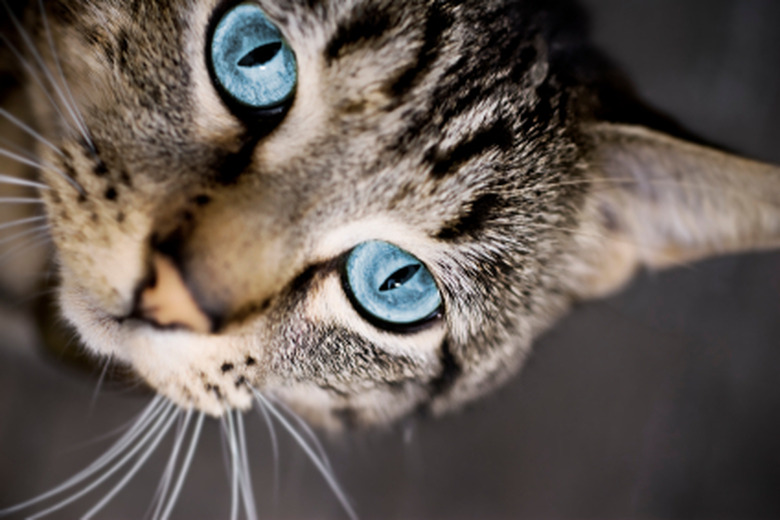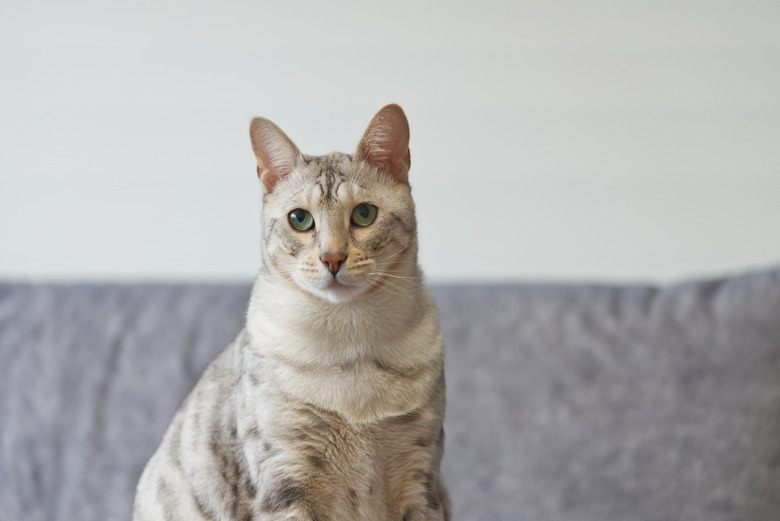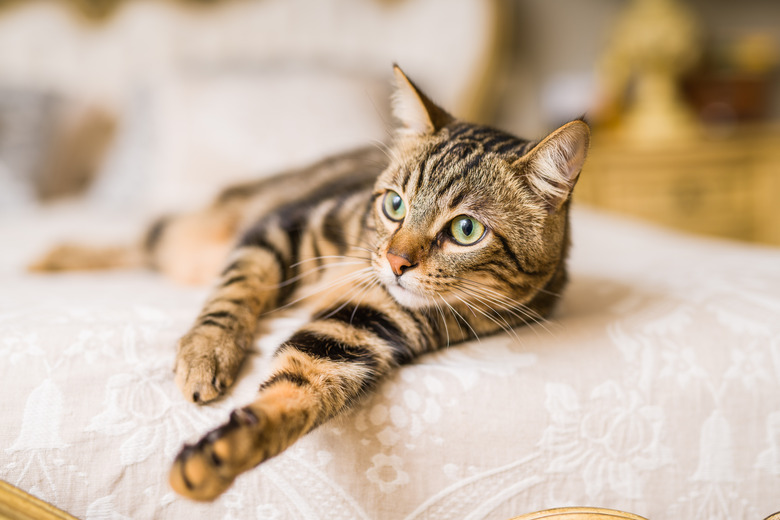How To Make Homemade Cat Spray Odor Remover
Cat spray is an unpleasant reality with some cats. There are a lot of reasons a cat may spray urine, and a visit with your veterinarian is a good place to strategize solutions. However, correcting the problem may take some time, and living with cat spray odor all over your home is not ideal.
While you can purchase cat urine cleaning products in pet supply stores, there are some quick and easy recipes for cat spray odor removers that can be made with ingredients you probably have on hand. Use one or more of these formulations on different surfaces in your home.
DIY cat urine remover
DIY cat urine remover
Enzyme-based laundry detergents help remove stains and odors from clothing by chemically breaking them down so that they are easier to rinse away. To create your own DIY cat urine remover, simply mix 2 teaspoons of enzyme-based laundry detergent with 4 cups of water. Make sure your laundry detergent doesn't use ammonia or bleach, as these chemicals can smell like urine to a cat and the odor can actually cause your feline friend to spray again in reaction.
This cleanser works on carpeting, fabrics, and even hard surfaces. Spray this solution on the urine and allow it to sit on soft surfaces until it's dry; wipe it away from hard surfaces. The enzymes will break down the urine into carbon dioxide and water, which eliminates the stain and the odor of cat spray.
Cat spray neutralizer solution
Cat spray neutralizer solution
Vinegar has excellent odor-neutralizing properties and is safe to use around people and pets. To create a cat spray neutralizer solution, mix equal parts white vinegar and water, then pour both into a spray bottle. The acidity of vinegar neutralizes the ammonia of cat urine spray and it is also antibacterial and kills any smelly micro-organisms.
This mixture should be used the most often and it is generally safe on fabrics, carpets, and hard surfaces. You can use this mixture on its own or to disinfect the area after using an enzyme-based formula.
Homemade cat urine cleaner
Homemade cat urine cleaner
Most cat urine smell is held in soft fabrics and carpets, but baking soda can help draw out these odors. Enhance the drawing and deodorizing effects of baking soda by applying an activating mixture to the dry baking soda to create a cat urine cleaning paste. Mix 1/4 cup of 3 percent hydrogen peroxide with 1 teaspoon of regular dish soap.
Wearing rubber gloves, combine the peroxide and soap mixture with enough dry baking soda to form a paste. Apply directly to the stain site by kneading the ingredients together and working them into the stain. The mixture should be slightly moist.
Once the area is dry, vacuum any remaining baking soda away and rinse the area with water.
Homemade cleaner considerations
Homemade cleaner considerations
All products used on fabrics and carpets should be tested first to ensure they are safe with your particular materials, as color-fastness varies. This is especially important with any hydrogen peroxide-based cleansers that can have a bleaching effect on fabrics. Note that you may need to use one or more homemade cat urine cleansing solutions repeatedly to fully remove any stains or odors.
Before you start cleaning, locate cat stains when the room is very dark by using a black light. This way, you'll be sure to get to the source of the cat urine spray odor in your home. Rinse any spots you find with cool water first and blot the area to remove as much of the urine as possible before using the homemade cleaners.
Most importantly, work with your veterinarian to ensure that your cat isn't spraying due to a medical condition and keep litter boxes in areas where your cat is spraying to encourage him to use them.


